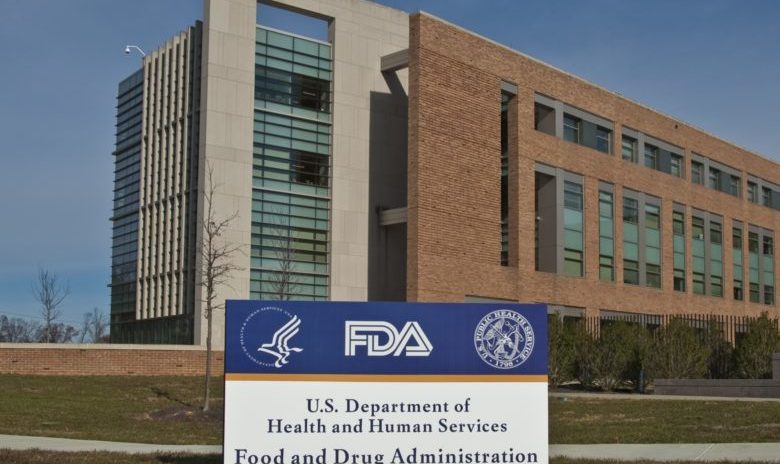New York: Several FDA-approved drugs — including for type 2 diabetes, hepatitis C and HIV — significantly reduce the ability of the Delta variant of SARS-CoV-2 to replicate in human cells, finds new research.
Specifically, the team found that these drugs inhibit certain viral enzymes, called proteases, that are essential for SARS-CoV-2 replication in infected human cells, indicates the study published in the journal Communications Biology.
“The SARS-CoV-2 vaccines target the spike protein, but this protein is under strong selection pressure and, as we have seen with Omicron, can undergo significant mutations,” said Joyce Jose, assistant professor of biochemistry and molecular biology, Penn State.
“There remains an urgent need for SARS-CoV-2 therapeutic agents that target parts of the virus other than the spike protein that are not as likely to evolve,” Jose added.
Previous research has demonstrated that two SARS-CoV-2 enzymes — proteases including Mpro and PLpro — are promising targets for antiviral drug development.
Pfizer’s Covid-19 therapy Paxlovid, for example, targets Mpro. According to Jose, these enzymes are relatively stable; therefore, they are unlikely to develop drug-resistant mutations rapidly.
Katsuhiko Murakami, professor of biochemistry and molecular biology, Penn State, noted that these virus proteases, because of their capabilities to cleave, or cut, proteins, are essential for SARS-CoV-2 replication in infected cells.
“SARS-CoV-2 produces long proteins, called polyproteins, from its RNA genome that must be cleaved into individual proteins by these proteases in an ordered fashion leading to the formation of functional virus enzymes and proteins to start virus replication once it enters a cell,” Murakami explained.
“If you inhibit one of these proteases, further spread of SARS-CoV-2 in the infected person could be stopped,” Murakami added.
The team designed an assay to rapidly identify inhibitors of the Mpro and PLpro proteases in live human cells.
“Although other assays are available, we designed our novel assay so it could be conducted in live cells, which enabled us to simultaneously measure the toxicity of the inhibitors to human cells,” said Jose.
(IANS)




















